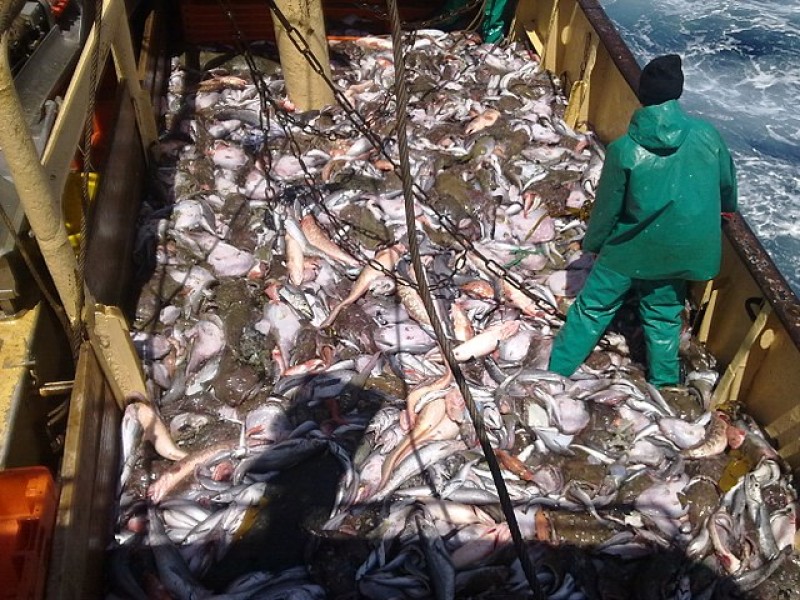The Financial Transparency Coalition, formed by 11 NGOs from all over the world, built a database of nearly 500 commercial fishing vessels accused of forced labor between January 2010 and May 2023. The findings indicate that 22.5 percent of the commercial fishing vessels accused of forced labor are owned by European companies.
Russia's Pescatlant Ltd. is the leading European company accused of forced labor, according to the analysis, but additional countries are also singled out for criticism.
Spain, the report notes, has “12 vessels representing 5 percent of the total for which legal information is available, followed by Russia (7 vessels) and the UK (6 vessels), making it one of the top 5 countries of companies owning vessels accused of forced labor.”
More than 40 percent of the vessels accused of forced labor operated in Asia, followed by Africa (21 percent), Europe (14 percent), and Latin America and the Caribbean (11 percent). Nearly one-quarter of all vessels detected fish in Indonesian waters, making the archipelago the global hub for forced labor cases.
Who actually owns the vessels and fishing licenses can be difficult to determine, the report revealed. Worse, the industry has not been a focus for efforts to improve transparency, so those ultimately responsible for abuses go unnoticed and unpunished.
About one-fifth of vessels carried flags of convenience or flags of a country different than the country of ownership. This implies lax controls, financial secrecy, and low or non-existent taxes, the report says. For workers, this can mean very low wages, inadequate food and drinking water, and long periods of work without adequate rest, among other concerns.
Human trafficking, forced labor, and human rights violations are rampant in commercial fisheries, the report continues. In July 2021, a vessel west of the Galapagos Islands carried an Indonesian crew member held against his will for nearly two years. In another case, Uruguayan authorities found a message in a bottle from a crew member of a vessel, claiming he had been fishing without pay for two years without the vessel entering a port.
According to Matti Kohonen, executive director of the Financial Transparency Coalition, "Forced labor on board commercial fishing vessels is a human rights crisis that affects more than 100,000 fishermen every year and leads to terrible abuses and even deaths among fishermen, who are mainly from regions of the global South such as Southeast Asia and Africa.
“Yet the owners of these vessels are mostly hidden behind complex trans-jurisdictional corporate structures ranging from shell companies to opaque joint ventures."
The report calls for requiring full and public information on who actually owns the vessels; investigations into possible money laundering by owners; and requiring countries to sign and abide by international treaties protecting workers.
Members of Financial Transparency Coalition include Transparency International, the Asian Peoples Movement on Debt and Development, Centre for Budget and Governance Accountability, Christian Aid, European Network on Debt and Development, Fundación SES, Global Financial Integrity, Latin American Network on Debt, Development, and Rights, Pan-African Lawyers Union, Tax Justice Network and Tax Justice Network Africa.



